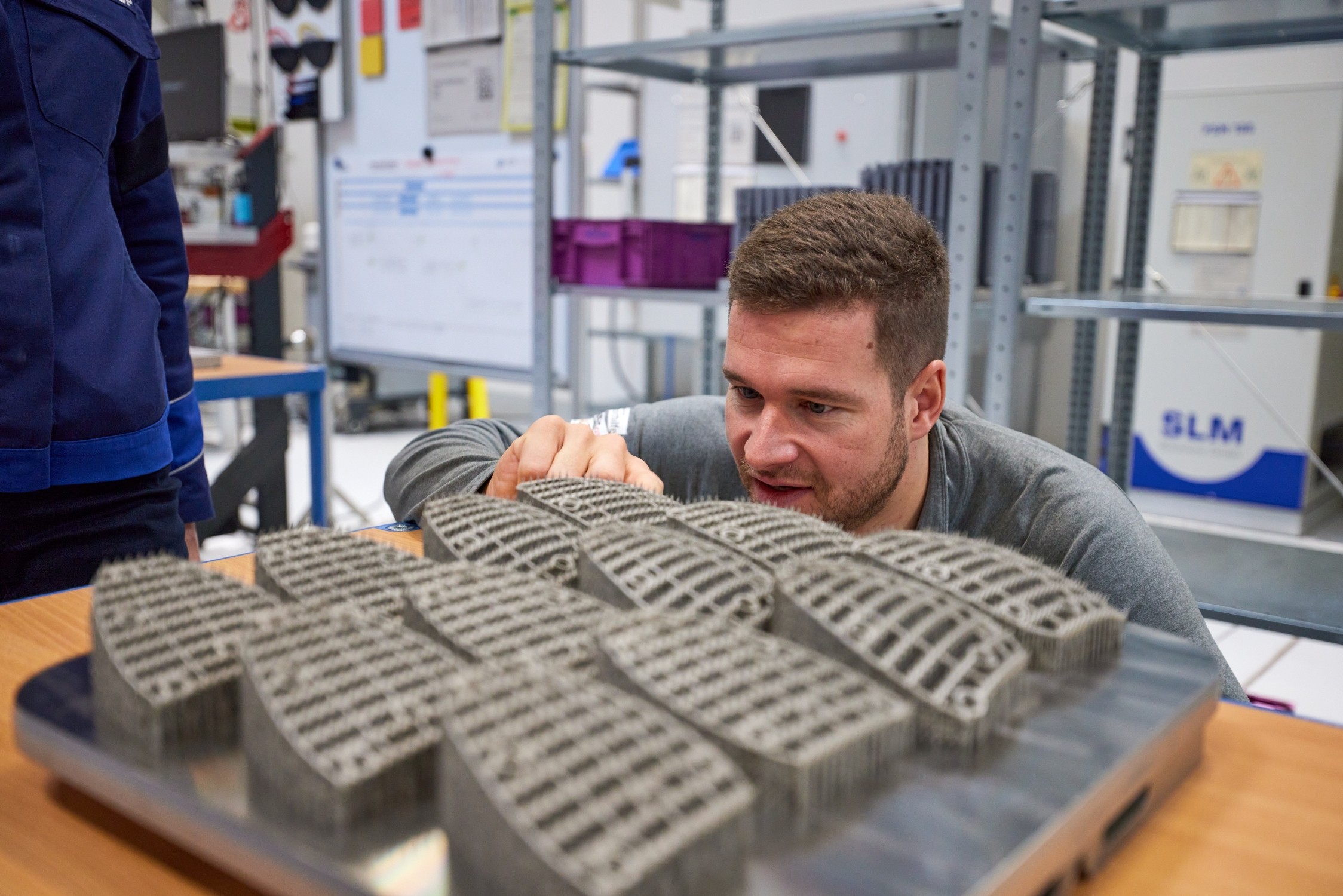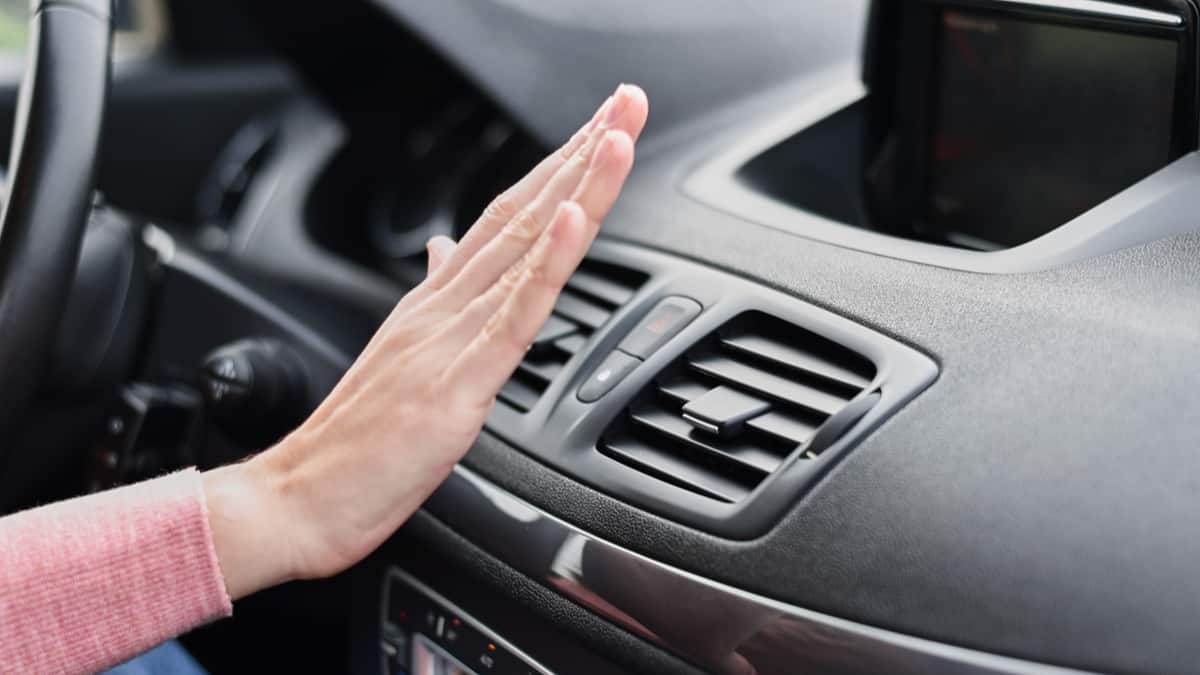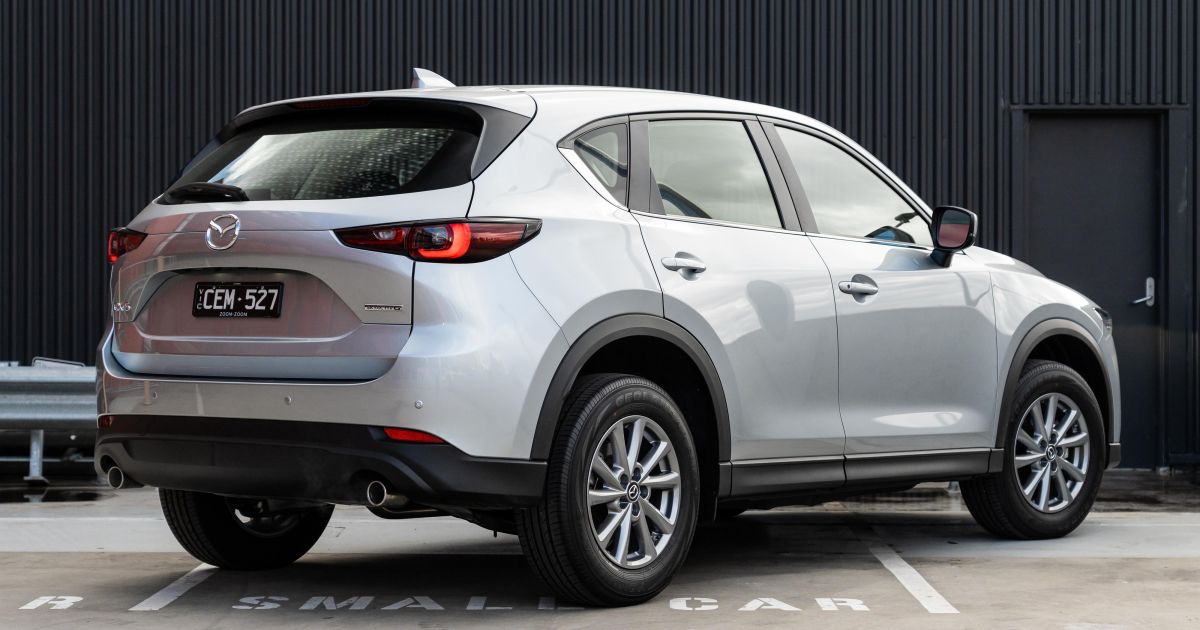Police use artificial intelligence to identify criminal driving habits


Artificial intelligence is now being used with Automatic Number Plate Recognition technology to find criminals in the US. Given the widespread use of ANPR in Australia, the bad guys will soon find it harder to hide.
Police in the US state of New York have caught and convicted a drug trafficker based on his suspicious driving habits, thanks to number plate tracking conducted by artificial intelligence (AI).
According to a report from Forbes magazine, AI software scanned unusual driving patterns from 1.6 billion motor vehicle number-plate records, taken from Automatic Number Plate Recognition (ANPR) cameras located throughout the state.
The powerful AI tool found the offender’s vehicle had travelled along corridors known to traffic narcotics between cities, while also discovering he had repeatedly stayed in locations for short amounts of time.
Built by tech company Rekor, its ANPR software has been sold to 23 police departments across the US, Forbes reports.
Drive has confirmed Rekor’s ANPR software has also been sold in Australia.
MORE: Hoons on notice in Sydney: Noise-activated cameras to be installed at hot spots
Automatic number plate recognition cameras. Photo By Michael Macor/The San Francisco Chronicle via Getty Images.
However, Australian police departments approached by Drive have not yet commented on whether AI is being used to identify unusual – and potentially criminal – driving habits at this stage.
While deployed in most states and territories, ANPR cameras have been a staple of law enforcement in Victoria and New South Wales for more than a decade, where the systems have been used for more than just policing traffic offences.
Drive understands ANPR has been used to identify participants in major crimes – as well as unlicenced drivers, unregistered cars and wanted persons.
According to reports, the Motorola-supplied ANPR system used by Victoria Police has the capability to scan 76 million vehicles annually, with 230 police cars fitted with the technology across the state – at an estimated cost of almost $80,000 per vehicle.
In 2021 – at the height of the pandemic – Victoria Police utilised ANPR to identify those who had crossed into Victoria from New South Wales without authorisation, TechAU reported at the time.
MORE: Eye in the sky – Hoons in the crosshairs of police drones
Earlier this month, during a three-day operation in Melbourne’s inner city, 725 cars were checked using the automatic cameras, with 78 traffic infringement notices issued by police from 70 intercepts.
It’s believed the AI software could complement the extensive ANPR networks in the most populous regions of Australia, potentially identifying repeat arsonists, predators, and perpetrators of other major crimes, as well as being used in the investigation of hoon offences.
ANPR technology is also used by road toll management companies and traffic networks, as well as the National Heavy Vehicle Regulator.
However, some privacy advocates claim Australia’s ANPR networks lack the appropriate public oversight for such a powerful surveillance system.
The Australian Privacy Foundation – an organisation claiming to seek to protect the privacy of Australians – says ANPR systems are only as good as the databases on which they’re built, and are known to have errors and could result in ‘false positives’. In other words, people being pulled over and accused of offences they haven’t committed.
MORE: Automatic number plate recognition in detail
Victoria Police ANPR. Photo by Asanka Ratnayake/Getty Images.
While there has been no reported misconduct in Australia to date, in April 2023, police in New Zealand concluded an audit of 350,000 ANPR reviews. It resulted in five staff members being investigated for potential misuse, local newspaper Stuff.co.nz reported at the time.
“It is vital that [Australian] ANPR projects be conducted in a transparent manner,” the Australia Privacy Foundation states, “including published information, consultation, privacy impact assessment, and published results.”
It’s likely only a matter of time before artificial intelligence is used in conjunction with ANPR by police in Australia – if not already – given the capabilities of the technology, and the strain on human resources to investigate and prosecute criminal convictions.
The post Police use artificial intelligence to identify criminal driving habits appeared first on Drive.










